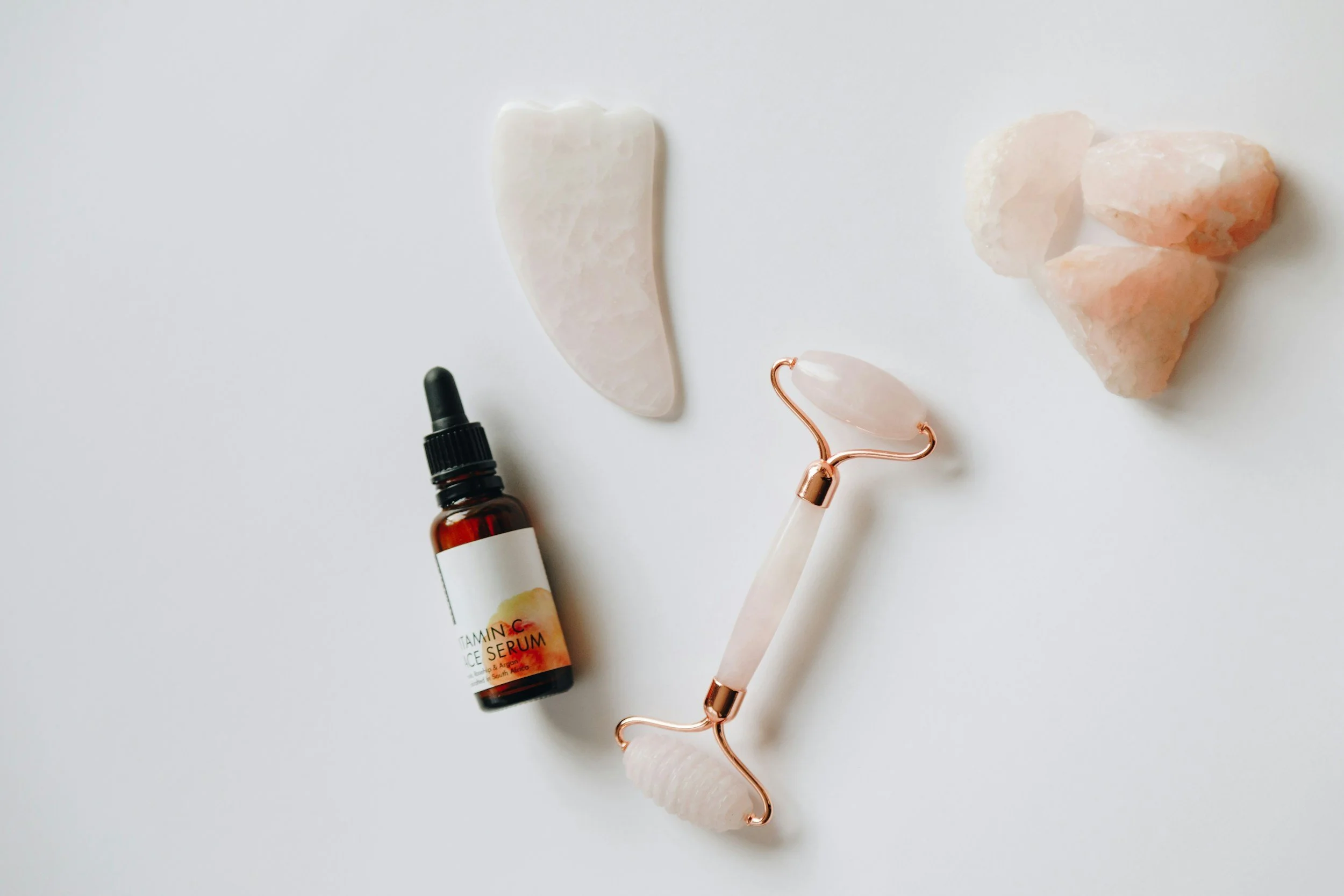A Guide to Sustainable Self-Care While Transitioning Back To Normal Living
Written by Gigi Broun
In recent years, the concept of self-care has taken off. From apps that help you create a self-care routine to books that detail how to maximize the benefits of self-care, more and more people are realizing the importance of holistically taking care of their well-being. Mental health clinician Shainna Ali notes in Psychology Today’s article on whether self-care is just a passing trend that truly adopting self-care is a lifestyle change that needs commitment.
Unsplash
In line with that, your self-care routine should also incorporate sustainable practices. Doing so means that you can consistently do your self-care practices without having to worry about your environmental impact. Below, we’ve listed the top tips in creating a sustainable self-care routine.
A Guilt-Free Shopping Experience
Yes, retail therapy works. But in the name of sustainability, you shouldn’t indulge yourself through wasteful shopping practices. This includes purchasing unethically made items, buying products with excessive packaging waste, and consuming beyond your needs.
Our own Cassell Ferere points out that shopping for vintage items is a cheap way to add necessary pieces to your wardrobe without contributing to the incredibly wasteful fast fashion industry. Supporting local and sustainable brands are also recommended, but a fair warning as to their pieces usually cost more since they pay their workers fairly and make sure that the quality is superior.
Unsplash
But with locally made pieces, you can trust that they'll last you a long time and get more than your money's worth. By shopping sustainably, you get to satisfy your sartorial cravings while keeping your environmental impact to a minimum.
An Optimized Skincare Routine
Unsplash
One of the most common tips that you’ll see on self-care articles is by crafting a skincare routine and sticking to it. While it’s true that consistently doing your skincare routine can do wonders for your skin and self-esteem, it has also ushered in the excessive consumption of skincare products. A Stowaway Cosmetics survey found out that the average person owns at least 40 beauty products, but only uses 5 regularly.
One way to help curb waste is to use multi-tasking products that provide you multiple benefits for a relatively low cost on both your wallet and the earth. Beauty writer Sheena Dizon points out in Pretty Me’s review of the popular AR Vitamin E cream that it’s best to look for products that tackle multiple skin issues, such as dryness, scars, acne, wrinkles, and even dark under-eye circles.
Unsplash
Investments into such zero waste products help you lessen the steps on your daily routine while also helping you lessen overall waste. Additionally, you should also look for refillable beauty products to limit your packaging consumption.
Don’t Forget Physical Self-Care
Wee Lee: Unsplash
The health of the earth and yours are strongly intertwined, so it’s a no-brainer that you should also strive to be eco-responsible in taking care of your body. For one, you should start supporting your local farmer’s market. Other than providing you with fresh, in-season produce, Green Matters notes your local farmer’s market creates significantly less carbon footprint compared to conventional supermarkets. Eating healthier is an act of self-care, so be sure to buy from a farmer's market and prepare yourself a nutrition-packed meal.
You should also try to incorporate sustainability measures into your fitness routine. Instead of driving to the gym and using an electric treadmill, you can go for a run around your neighborhood and do workout routines that forego electric consumption like yoga or high-intensity interval training.
By taking care of your body while actively doing your best to be sustainable and eco-responsible, your self-care practices will have the most impact, not only on your physical and mental health but as well as the planet that we call home.
COMMENT OR TAKE OUR PAGE READER SURVEY
Featured















Basic information on staking. How to get the biggest income for freezing digital assets.